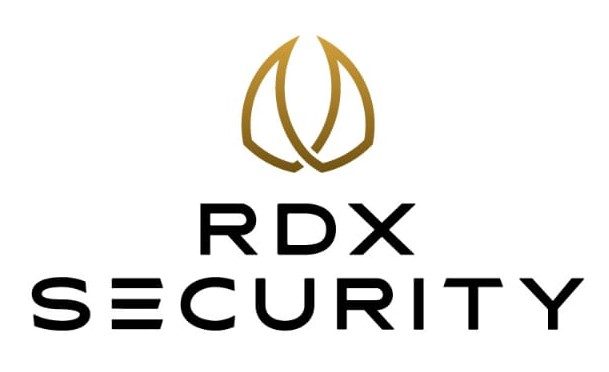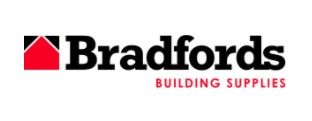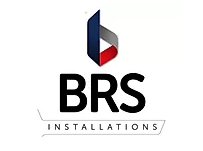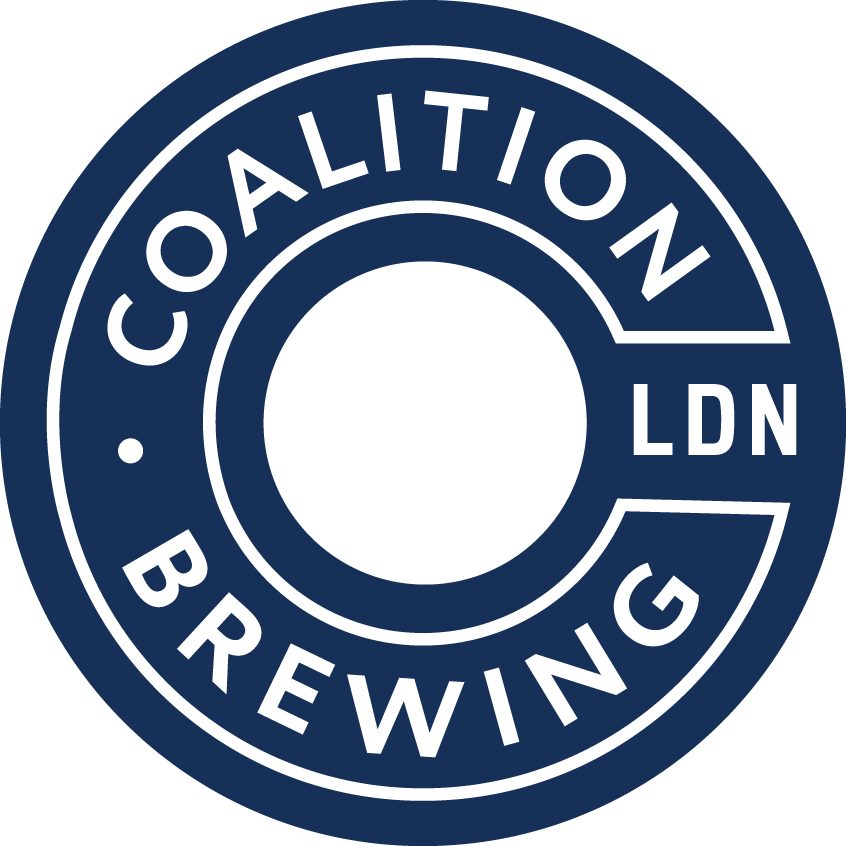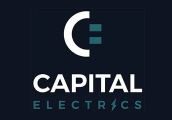Self-Assessment Tax Return Checklist
- February 2022
- 5 minutes
Our self-assessment service for individuals helps to ensure that your tax return is completed in a timely and efficient way, whilst at the same time ensuring the right amount of tax is paid.
If you are self-employed, you’ll need to let HMRC know about your annual earnings, so that you pay the appropriate amount of tax.
 What do you need to know about Self-Assessment Tax Return?
What do you need to know about Self-Assessment Tax Return?
A tax return might either be for an individual (in which case it might also be called a personal tax return, an income tax return or a Self-Assessment tax return) or it might be for an organisation, such as a partnership (partnership tax return) or a company (Corporation Tax Return).
All personal tax returns have a main section which contains common types of income such as bank interest or dividends received, and common tax reliefs such as donations to charities. Other types of income, such as profits from self-employment or salary from a job, are reported on separate sections.
Not all income has to go on a personal tax return, for example if you have money in an ISA you do not need to include interest earned on that money, because ISA interest is tax-free.
Your self-assessment tax return is due on the 31st of January following the end of the tax year, which finishes on the 5th of April. For example, the tax return and any tax payable for the tax year from 6 April 2020 to 5 April 2021 (i.e. 2020/21), would be required by 31 January.
We would advise submitting your return at the earliest opportunity so you can be prepared for any tax bill & this allows us to provide you with the very best advice.
We would appreciate it if you could supply what is relevant to you from the list below so that we can create your personal tax return.
 Details about your income
Details about your income
For any employment history during the current tax year, you should have either a p60 or p45.
What is p60 and p45?
P60-sent by your employer(s) at the end of the tax year (5 April) summarizing your taxable income and tax deductions for that year This sum will also be presented if you deducted student loans.
P45-When you leave a job within a tax year, you will receive a letter from your employer(s). It, like the P60, details your taxable income and tax deductions for the fiscal year. If you deducted student loans, you’ll also need to supply your year’s payslips, as these aren’t reflected on your P45.
If you received taxable benefits throughout the year that are not shown on your payslip, your employer should provide you with a P11D:
What is P11D?
Sent by your employer(s) at the end of the fiscal year (5 April) to record taxable benefits supplied to you that are not taxed on your payslip Employers may give advantages such as corporate automobiles and private medical insurance. Your company has until the sixth of July after the end of the fiscal year to give you with your P11D. You may have two P11Ds if you worked two jobs throughout the year.
 Income from properties
Income from properties
If you have income from a rental property, we will need the following:
- If you are a new customer this year, please include information about the property being rented (date purchased, price paid, legal fees and other costs on purchase, mortgage taken out, improvements made to the property, history of dates lived in property and dates property let, whether it is furnished or unfurnished, expected current value)
- Details of rental receipts during the tax year with any management fee paid split out separately
- Details of all expenditures on the rental property during the year (insurance, service charge, ground rent, repairs and maintenance, capital improvements (e.g. new kitchen), utilities paid, details of trips made to the property (miles), advertising costs, or any other costs directly related to renting the property).
- If your bank has not issued you a mortgage statement detailing the capital/interest repayment split for the property, you can request one from them.
- If you sold your home during the year, we would also need the date sold, the selling price, legal expenses, and any other costs associated with the transaction.
- If you rent a room in your house, then we will need details of the income during the tax year.
 Sole Traders
Sole Traders
We should have discussed how to keep records with you if you run a sole trader.
Please tell us whenever your records are up to date and ready for review if you utilise online bookkeeping software.
Please email us your spreadsheet for the relevant period if you keep one.
Bank Interest
Your bank should send you a statement for each bank account that shows how much interest you earned for the tax year, or you can add up the amounts for each month. All interest should now be paid in its entirety (no tax deducted).
You do not need to provide us information on cash ISAs, premium bond receipts, or interest from NS&I tax-free products, such as Fixed Interest Savings Certificates and Index-linked Savings Certificates, because these are not taxable.
Dividends
Only limited companies can pay dividends, because they are the only type of business that issues shares. Sole traders, partnerships and LLPs can’t pay dividends, because they do not issue shares.
Limited companies are only allowed to pay dividends if they have enough profit available to do so – and the dividend payment comes out of profit after corporation tax. Even if the company has enough cash to pay the dividend, it is illegal for the dividend to be paid if there is no available profit.
The profit that the dividend is paid from can be from this current year, or from a previous year, but the directors must have a board meeting to check that there is enough profit available before they allow a dividend to be paid. Permitting a dividend to be paid is called ‘declaring’ a dividend.
Any declaration of dividends must be recorded as a board minute.
Example:
A small company makes a profit of £1,000 in the current year. It also has profit saved up of £5,000 from previous years, on which corporation tax has already been paid.
Allowing for 20% corporation tax on the current year’s profit (£1,000 * 20% = £200 corporation tax), the company can pay a maximum of £5,800 in dividends to shareholders.
If you have personal investments that are not part of an ISA, you must give us with dividend vouchers for the tax year.
If you are a director of a Limited company and we finish your company accounts, we will review your dividends as part of our accounting service, so you do not need to give us with any information about them.
Pension Received
State pension
Your State Pension age is determined by your gender and date of birth. The total amount you receive depends on how long you’ve been making National Insurance contributions.
these are paid on a 4-weekly basis. HMRC will normally send a letter annually explaining how much the pension is increasing to. You will need to provide us with this document or bank statements which show the payment figures for a 4-week period during the year.
Private Pension
Private pensions work similarly to workplace pensions but are set up by you rather than your employer. You can set up regular contributions (e.g. monthly) or make one-off payments into your fund, and your pension provider will add tax relief. .
You should receive a p60 for this income which we will need.
State benefits
The most common benefits that you pay Income Tax on are:
- Bereavement Allowance (previously Widow’s pension)
- Carer’s Allowance
- contribution-based Employment and Support Allowance (ESA)
- Incapacity Benefit
- Jobseeker’s Allowance (JSA) for people who are actively looking for work.
- Pensions paid by the Industrial Death benefit scheme
- The state pensions
- Widowed Parent’s Allowance
Tax free state benefits:
The most common state benefits you do not have to pay Income Tax on are:
- Attendance Allowance
- Bereavement support payment
- Child Benefit
- Child Tax Credit
- Disability Living Allowance
- Free TV license for over 75s
- Guardian’s allowance
- Housing benefit
- Income Support
- Income related Employment and Support Allowance
- Industrial Injuries Benefit
- Lump-sum bereavement payments
- Maternity allowance-you can claim it from 26 weeks of being pregnant.
- Pension Credit
- Pension Independence Payment
- Severe Disablement Allowance
- Universal Credit
- Working Tax Credit
 Any other income
Any other income
Capital Gains Tax-If you sold any shares or other assets during the tax year, we’ll need a breakdown of what you sold, when you sold it, and how much you got for it. We will also require the asset’s purchase date and price, as well as any other charges linked with it.
Offshore (foreign) income-If you live in the United Kingdom, you must report your international income on your UK tax return. You’ll need to supply information about any international income you got during the tax year, as well as any foreign taxes you paid.
Job expenses
You can get a tax relief if you pay for expenses related to your employment.
The most common examples of expenses are:
- Mileage – if your employer pays you less than 45p per mile for business mileage in your own vehicle, we can typically decrease your tax liability. We will require the number of business miles travelled as well as the rate which your company reimbursed you.
- Uniform Allowance – if you have a set dress code then you might be eligible to various reliefs including uniform and cleaning allowance. Suits and ties are not allowed.
- Professional subscription – if your employer requires you to be a member of a professional group (and your company does not cover the fee), we might typically claim the expense to decrease your tax liability. We would need payment verification for those subscriptions (invoice or bank statement)
Pensions Contributions
If you pay into a personal scheme, you may be able to claim additional tax relief.
You might need to provide information such as:
- The name of the provider
- Your contact/ membership number
- The amounts and dates of the contributions
Company Pension Contribution– there are two types of arrangements whereby your company makes pension contributions on your behalf:
- After tax contribution-in your pension paperwork, this arrangement will be referred to as ‘relief at source’. You may be eligible to claim additional tax relief on these contributions.
- Before tax contributions-this scheme will be referred to as ‘net pay’ in your pension documents. You have already received full tax relief on these contributions. We will need any information if you exceeded the pension threshold.
 SEIS/EIS
SEIS/EIS
EIS and SEIS Advance Assurance enables companies to receive a provisional indication from HMRC whether they may be eligible to apply for tax relief for their investors. Advance Assurance was introduced by HMRC as full SEIS/EIS eligibility can only be granted by them after the investment has been made.
If you invested in an Enterprise Investment Scheme (EIS/SEIS) then you will probably be able to receive tax relief. You should receive a certificate from HMRC (form SEIS3) for each investment and will need to pass this on to us.
 Charity Donations
Charity Donations
If you made donations to a qualifying charity and claimed gift aid then you may be able to claim additional tax relief (if you are a higher rate taxpayer). We need the following details (a good tip is to login to your just giving account and print out your past donations):
- Charity Name
- Donation date
- Amount of donation
- If the Gift Aid was claimed
Please let us know if you have changed any of the following:
- Name
- Marital status
- Address
- Change to number of dependants
TAX CODE
Any HMRC correspondence and tax notices should be send it to us. If we are registered as your agent, then we should have access to this information.
CHILD BENEFIT
If you get child benefit, earn more than £50,000, and are the highest earner as compared to your spouse, we must include this information on your self-assessment tax return. Tell us when you first started receiving child support, how much you’ve received, and how many children you have.
PENSION THRESHOLD
If your taxable income is less than £110,000 per year, you can contribute up to £40,000 per year to a pension scheme for tax reasons.
Every £2 of adjusted income (the income recorded on your P60 plus your pension payments) above £150,000 per year results in a £1 reduction in this allowance (up to a maximum reduction of £30,000). As a result, some higher-earning individuals may only receive a pension allowance of £10,000 per year. There is also a £1,055,000 lifetime allowance (2019/20).
Therefore, where you earn more than £110,000, please provide us with details of your pension contributions (employer and employee) for the current year and the three previous years (you can normally bring forward unused allowances). You should receive annual statements from your providers.





